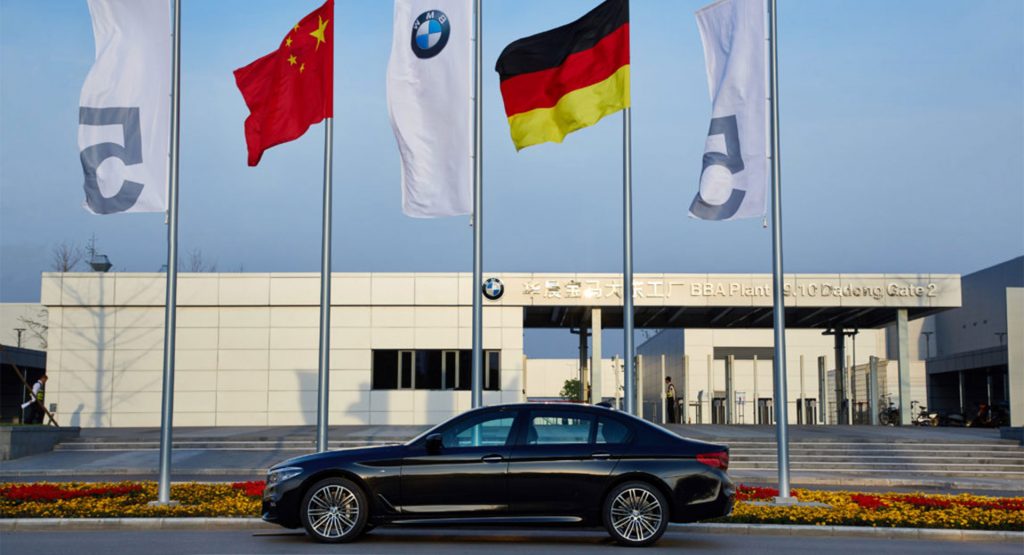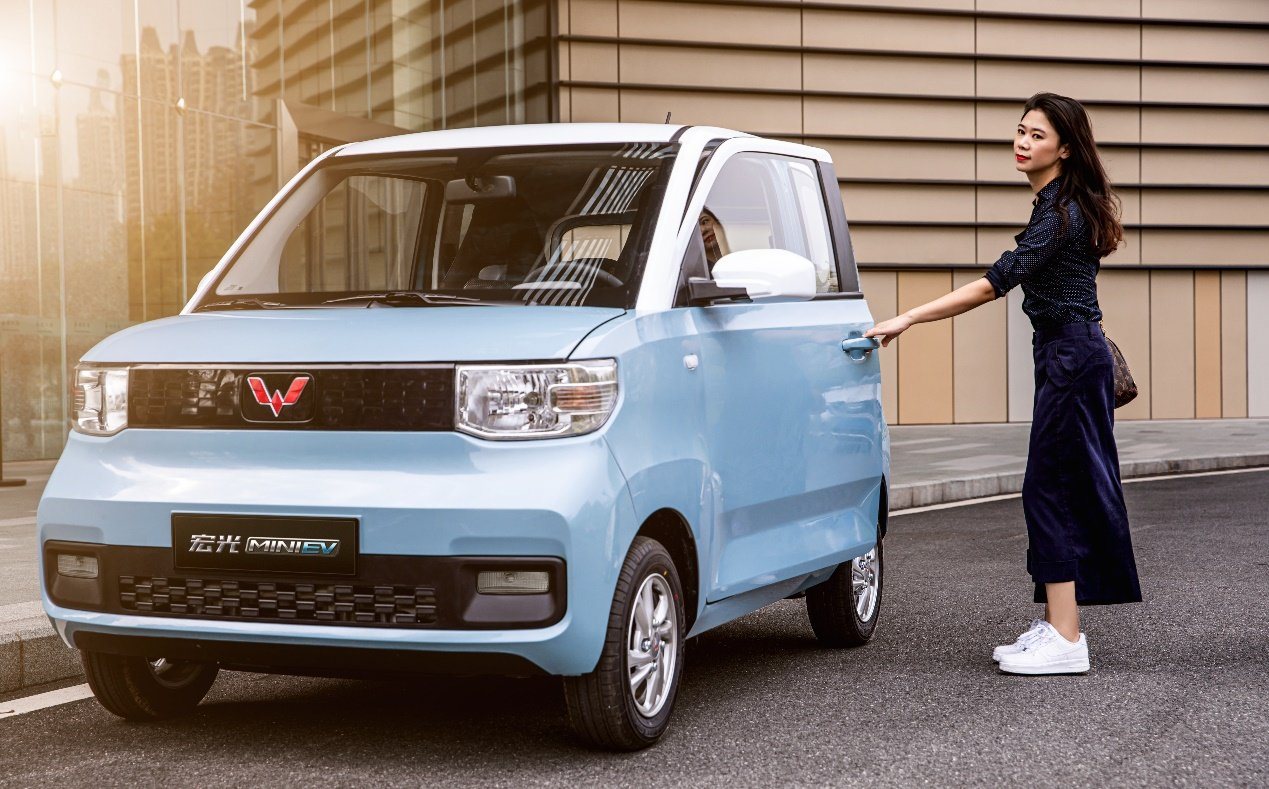China will allow full overseas ownership of passenger car manufacturing sites from January 1, 2022.
The move was announced in a document released by the Chinese Ministry of Commerce and the National Development and Reform Commission. Since 1994, foreign companies involved in the car industry have been required to enter the Chinese market as 50:50 joint venture partners with a local company.
In 2018, the Chinese government loosened the maximum ownership rate to 70 per cent, prompting BMW to increase its stake in its Brilliance joint venture partner. Tesla also operates a wholly-owned factory in China. As noted by Forbes, the decision will allow legacy car manufacturers like Volkswagen, Ford, GM, and Mercedes-Benz to take over their joint ventures while also making it easier for new car manufacturers, such as Rivian and Lucid, to enter the Chinese market.
Read Also: China’s Geely Reportedly Forming New JV With Renault, Could Allow Duty-Free Cars Into The U.S.
Joint-venture schemes like these were designed to allow domestic brands to keep more of their profits and technologies in the country. What’s more, the five biggest car manufacturers in China, SAIC, FAW, BAIC, Dongfeng, and Shangan, are all state-owned.
There are dozens of other industries where foreign companies must form joint venture partnerships. These include rare earths, tobacco products, and film production and distribution.
This news comes shortly after Daimler and its long-term Chinese partner BYD signed an equity transfer agreement on their DENZA joint venture that will see Daimler reduce its stake to 10 per cent while BYD will own the remaining 90 per cent.




